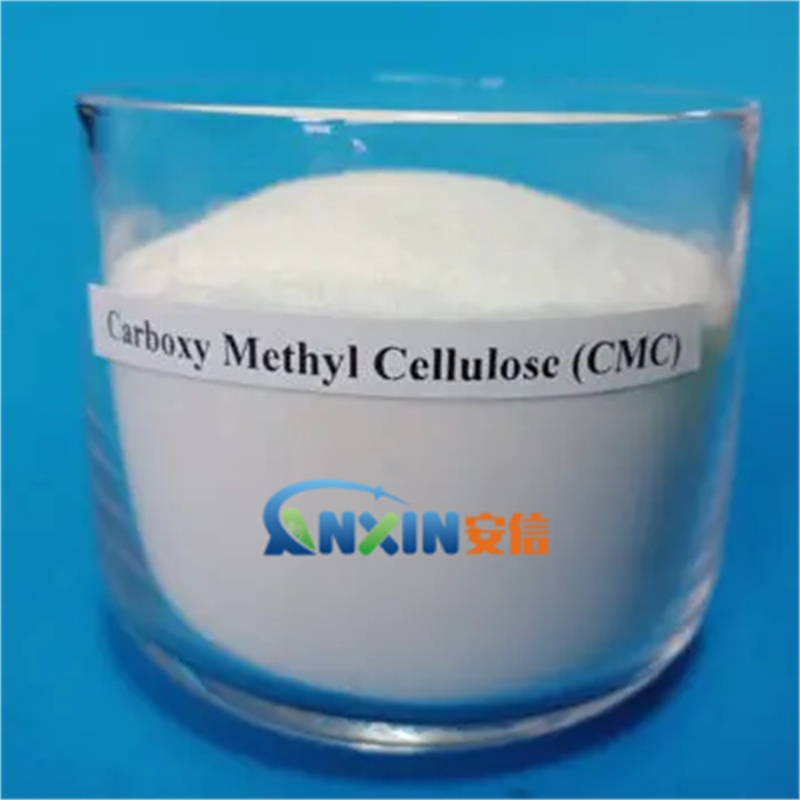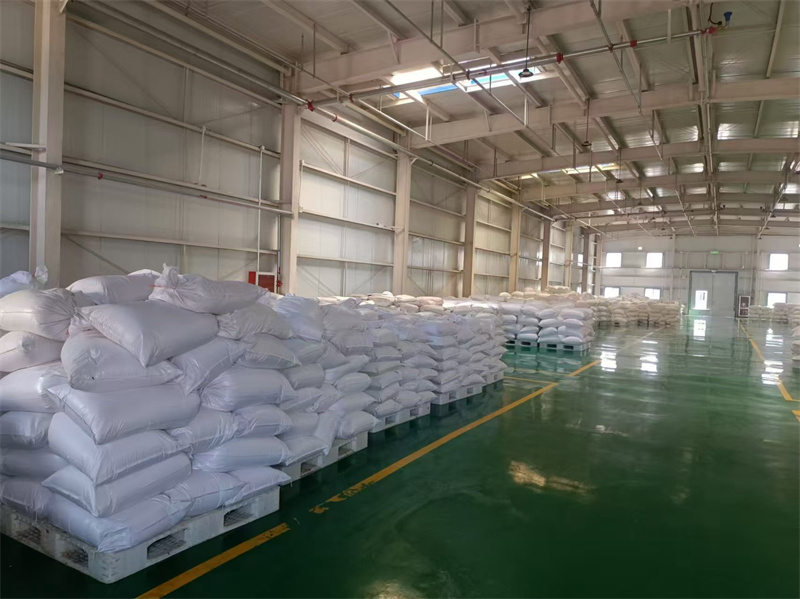Sodium Carboxymethyl Cellulose (CMC) is a derivative of cellulose and a natural polymer material with excellent properties such as water solubility, viscosity and thickening. Due to its good biocompatibility, non-toxicity and degradability, CMC is widely used in food, medicine, daily chemicals, papermaking, textiles, oil extraction and other industries. As an important functional material, the quality standard of CMC plays an important guiding role in different fields.

1. Basic properties of CMC
The chemical structure of AnxinCel®CMC is to introduce carboxymethyl (-CH2COOH) groups into cellulose molecules, so that it has good water solubility. Its main properties include:
Water solubility: CMC can form a transparent viscous solution in water and is widely used as a thickener or stabilizer in various liquid products.
Thickening: CMC has a high viscosity and can effectively increase the consistency of the liquid and reduce the fluidity of the liquid.
Stability: CMC exhibits good chemical stability in different pH and temperature ranges.
Biodegradability: CMC is a derivative of natural cellulose with good biodegradability and outstanding environmental performance.
2. Quality standards of CMC
The quality standards of CMC vary according to different fields of use and functional requirements. The following are some of the main quality standard parameters:
Appearance: CMC should be white or off-white amorphous powder or granules. There should be no visible impurities and foreign matter.
Moisture content: The moisture content of CMC generally does not exceed 10%. Excessive moisture will affect the storage stability of CMC and its performance in applications.
Viscosity: Viscosity is one of the important indicators of CMC. It is usually determined by measuring the viscosity of its aqueous solution by a viscometer. The higher the viscosity, the stronger the thickening effect of CMC. Different concentrations of CMC solutions have different viscosity requirements, usually between 100-1000 mPa·s.
Degree of Substitution (DS value): Degree of Substitution (DS) is one of the important characteristics of CMC. It represents the average number of carboxymethyl substitutions in each glucose unit. Generally, the DS value is required to be between 0.6-1.2. Too low DS value will affect the water solubility and thickening effect of CMC.
Acidity or pH value: The pH value of CMC solution is generally required to be between 6-8. Too low or too high pH value may affect the stability and use effect of CMC.

Ash content: Ash content is the content of inorganic matter in CMC, which is usually required not to exceed 5%. Too high ash content may affect the solubility of CMC and the quality of the final application.
Solubility: CMC should be completely dissolved in water at room temperature to form a transparent, suspended solution. CMC with poor solubility may contain insoluble impurities or low-quality cellulose.
Heavy metal content: The heavy metal content in AnxinCel®CMC must comply with national or industry standards. It is generally required that the total content of heavy metals shall not exceed 0.002%.
Microbiological indicators: CMC should meet the microbial limit standards. Depending on the use, food-grade CMC, pharmaceutical-grade CMC, etc. require strict control of the content of harmful microorganisms such as bacteria, mold, and E. coli.
3. Application standards of CMC
Different fields have different requirements for CMC, so specific application standards need to be formulated. Common application standards include:
Food industry: Food-grade CMC is used for thickening, stabilization, emulsification, etc., and is required to meet food safety standards, such as non-toxic, harmless, non-allergenic, and has good water solubility and viscosity. CMC can also be used to reduce fat content and improve the taste and texture of food.
Pharmaceutical industry: As a common drug excipient, pharmaceutical-grade CMC requires strict control of impurities, microbial content, non-toxicity, non-allergenicity, etc. Its main functions include controlled release of drugs, thickening, adhesives, etc.
Daily chemicals: In cosmetics, detergents and other daily chemicals, CMC is used as a thickener, stabilizer, suspending agent, etc., and is required to have good water solubility, viscosity and stability.
Papermaking industry: CMC is used as an adhesive, coating agent, etc. in the papermaking process, requiring high viscosity, stability and a certain degree of moisture control ability.
Oilfield exploitation: CMC is used as a fluid additive in oilfield drilling fluids to increase viscosity and enhance fluidity. Such applications have high requirements for the solubility and viscosity-increasing ability of CMC.

With the continuous development of science and technology, CMC, as a natural polymer material, will continue to expand its application areas. When formulating the quality standards of CMC materials, in addition to considering its physical and chemical properties, it is also necessary to comprehensively consider its application needs to ensure that it can meet the requirements of different industrial fields. Formulating detailed and clear standards is an important means to ensure the quality and application effect of AnxinCel®CMC products, and it is also the key to improving the market competitiveness of CMC materials.
Post time: Jan-15-2025